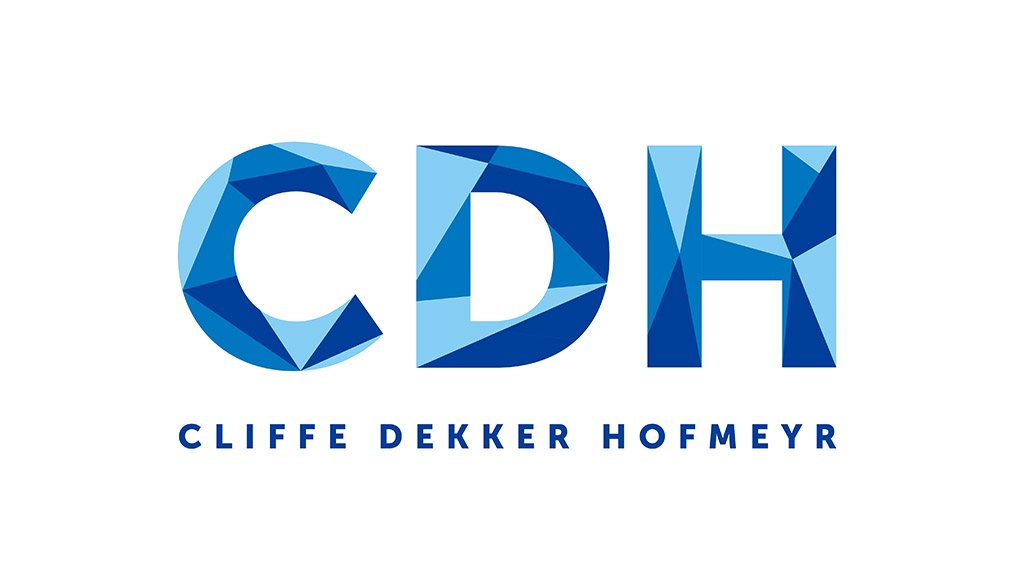The contemporary employment landscape has witnessed significant legal reforms that have fundamentally enhanced women’s rights and protections in the workplace over the past 25 years.
Two transformative legal developments - the comprehensive expansion of workplace harassment protections and the evolving framework governing parental leave entitlements - hold particular significance for women who continue to navigate complex workplace dynamics and balance professional responsibilities with parental obligations, while benefitting all employees irrespective of gender.
ENHANCED PROTECTION AGAINST WORKPLACE HARASSMENT: A COMPREHENSIVE APPROACH
The judicial recognition of workplace harassment has evolved considerably, with courts now acknowledging that hostile work environments often stem not from the abuse of tangible economic power, but rather from the perpetuation of perceived societal power imbalances between men and women in relation to harassment based on gender and sex. This nuanced understanding has informed significant legislative reforms designed to create more equitable workplace environments and recognising that sexual harassment and sexist conduct should be untenable in the workplace.
On 18 March 2022, the Department of Employment and Labour promulgated the Code of Good Practice on the Prevention and Elimination of Harassment in the Workplace (the code), which superseded all previous codes relating to sexual harassment issued under the Employment Equity Act 55 of 1998. This code represents an important moment in employment law for several reasons:
Expanded scope of harassment protection
The code’s most significant advancement lies in its comprehensive approach to harassment prevention. Unlike its predecessors, which focused primarily on sexual harassment, the code now addresses all forms of workplace harassment. This expansive scope includes protection against social origin harassment, thereby recognising the multifaceted nature of workplace discrimination and the various forms it may manifest.
• Extended geographic and temporal application
The code’s protective framework extends beyond the traditional confines of the workplace. Protection now applies to any situation in which an employee is working or which relates to their employment.
This includes locations where employees take rest or meal breaks, utilise sanitary, washing, changing, breastfeeding or medical facilities, and extends to work-related trips, travel, training, events or social activities. Significantly, the code also encompasses commuting to and from work in transport provided or controlled by the employer, thereby acknowledging that harassment can occur in various work-related contexts.
Comprehensive definition of sexual harassment
The code provides a detailed definition of sexual harassment, encompassing verbal, physical, nonverbal and quid pro quo harassment. Specific examples include unwelcome innuendoes, suggestions and hints, sex-related jokes or insults, unwelcome graphic comments about a person’s body made in their presence or directed towards them, enquiries about a person’s sex life and the unwelcome display of sexually explicit pictures and objects.
These comprehensive developments serve to empower women by providing clear, expansive guidance on what constitutes inappropriate workplace conduct. Unlike previous frameworks, the current code’s detailed enumeration of prohibited behaviours removes ambiguity and provides all people, including women, with concrete grounds for asserting their rights to a safe, respectful and equal workplace environment.
PARENTAL LEAVE REFORM: ADVANCING GENDER EQUALITY AND FAMILY AUTONOMY
On 25 October 2023, the Gauteng High Court, delivered a groundbreaking judgement that fundamentally challenged traditional approaches to parental leave in the South African context. The court declared certain provisions of the Basic Conditions of Employment Act 75 of 1997 (BCEA) relating to maternity, parental, adoption and commissioning parental leave, as well as relevant provisions of the Unemployment Insurance Act 63 of 2001, to be unconstitutional and invalid.
The case arose from the application of a heterosexual couple where the father applied to his employer to access the four-month maternity leave benefit offered as the mother was self-employed and circumstances necessitated an early return to work. The employer’s refusal, based on a maternity leave policy that restricted benefits to birthing mothers only, exposed the discriminatory nature of existing legislation and highlighted the urgent need for reform towards a gender-egalitarian approach to parental leave.
The court’s analysis focused on the broader concept of child nurture rather than merely the biological act of childbirth. The judgement recognised that in respect of nurturing activities (excluding breastfeeding), any parent possesses the capacity to provide comprehensive care to their child. The court found the existing BCEA provisions fundamentally flawed as they failed to recognise family dynamics where both parents are equally committed to child nurturing.
This judgement represents an extraordinary development towards equitable parental responsibilities. Should the Constitutional Court confirm this decision, female caregivers would be empowered to adopt family arrangements that best serve their specific circumstances and preferences. This development would remove the legislative presumption that women must serve as primary caregivers and instead recognise family autonomy in determining caregiving arrangements. However, until the Constitutional Court weighs in on the matter, the status quo remains.
BUILDING SAFER AND MORE INCLUSIVE WORKPLACES
These reforms represent significant progress in dismantling systemic barriers that have historically disadvantaged women in the workplace. By providing legal protections against harassment and promoting gender-neutral approaches to parental responsibilities, these developments create a foundation for true workplace equality. The impact extends beyond individual rights, fostering cultural shifts towards more equitable and supportive work environments that benefit all employees while specifically addressing the unique challenges faced by women in professional settings.
The trajectory of these legal developments suggests a continued evolution towards comprehensive gender equality in employment law, with implications that extend far beyond the workplace into the broader fabric of South African society.
Written by Anli Bezuidenhout & Nadeem Mahomed, Employment Law, Directors, Cliffe Dekker Hofmeyr
EMAIL THIS ARTICLE SAVE THIS ARTICLE ARTICLE ENQUIRY FEEDBACK
To subscribe email subscriptions@creamermedia.co.za or click here
To advertise email advertising@creamermedia.co.za or click here











